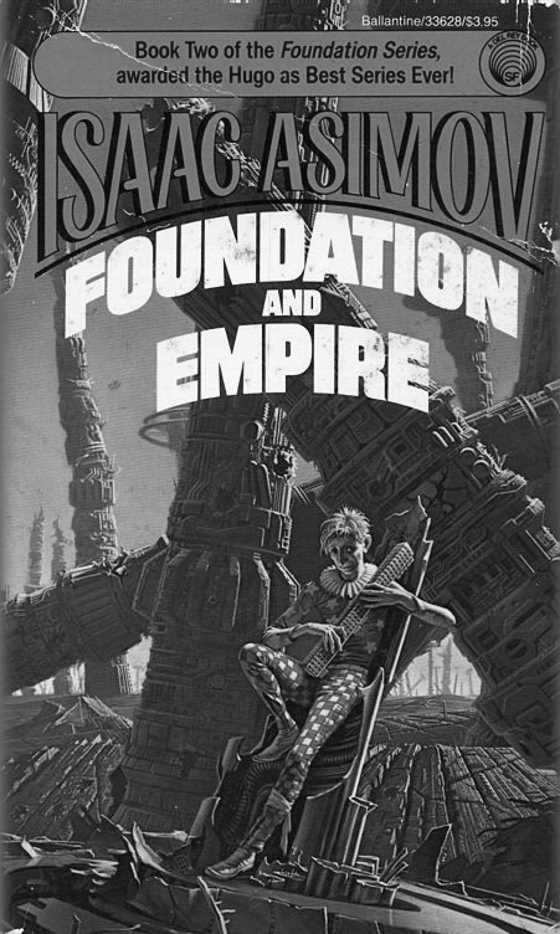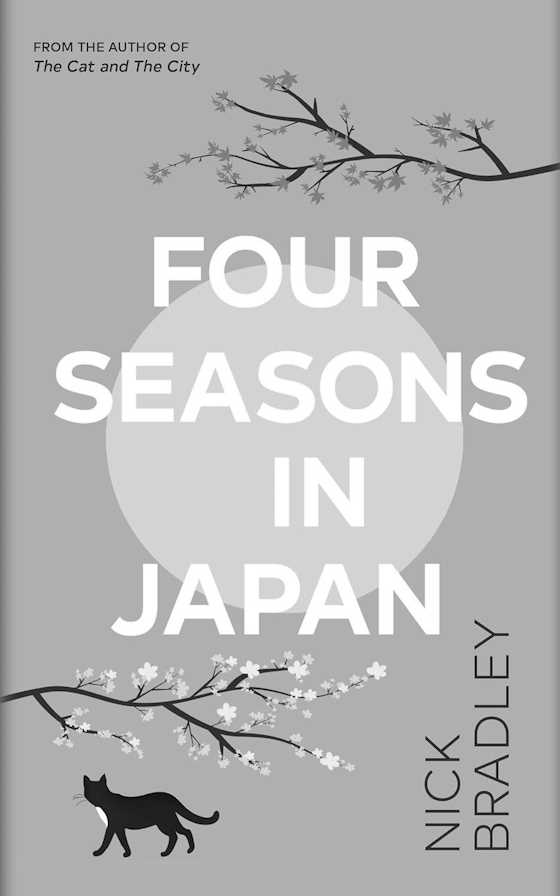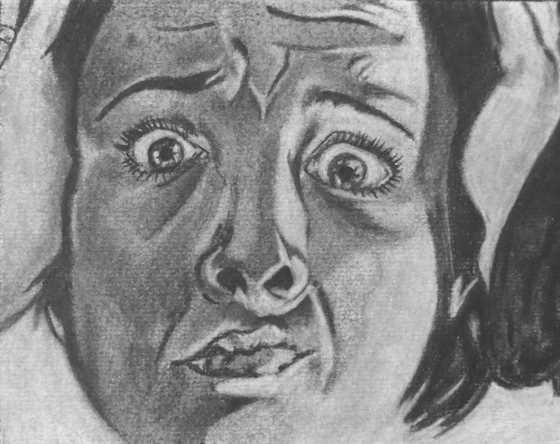
I’m currently rebuilding the website as the old one got totally messed up when i was playing around with things (no idea what happened).
So i thought that while it was a total clusterfuck mess of SQL, i would take the opportunity to give it a whole new life and everything.
So if you go clicking on things you might find that very strange things happen. Don’t moan, i know a lot of things are broken, i’m working on it, it takes time.
I’ve got tons of old posts and pages from three websites that i’m working through and will be gradually posting all the stuff i want to keep on here while fixing all the broken things as i go through, one post, one page, at a time.
On top of doing all that, i will, of course, be continuing to add more new content and my latest posts will always appear directly below.
Or, if you prefer, you can also follow me on Twitter and Pinterest where i put a link to all new posts.
Enjoy
Lightspeed Magazine, December 2010 — John Joseph Adams
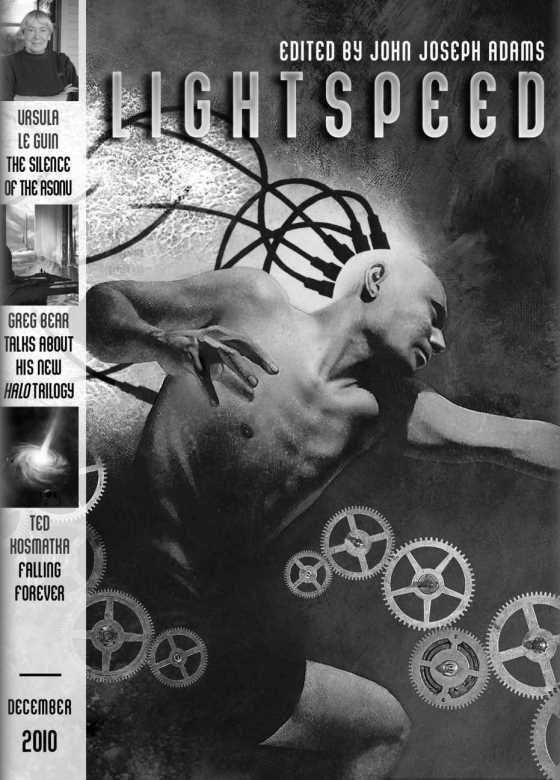 This month had Ursula in it.
This month had Ursula in it.

In-fall — Ted Kosmatka
The Observer –Kristine Kathryn Rusch
Jenny’s Sick — David Tallerman
The Silence of the Asonu — Ursula K. Le Guin

John’s Page
#scifi #ursulakleguin #johnjosephadams
Life Of Pi — Yann Martel
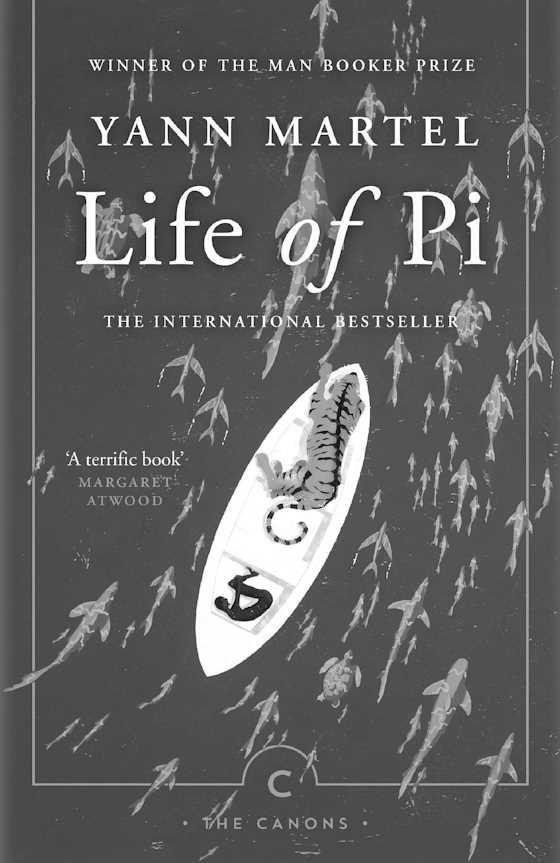 What an utter mess the film made of this incredible book.
What an utter mess the film made of this incredible book.
I’m not sure i’ve ever been hit by such a powerful and moving ending in any book i’ve ever read as much as the one in this. I’m ever so glad i didn’t watch that crappy film first, it would have totally ruined the book experience.
If you consider what people thought of the nazis turning books into flame and smoke, then what should we think of people who take great literature and turn it into 2 dimensional shit? 
I’ll write a proper review of this book when i re-read it in a few years time: i need to let my experience of the film get washed out good and proper before i go back to the book.
I do hope the people that made that 2 dimensional shit out of this wonderful book come across this page.
Coz this is for you . . .


Yann’s Page
#yannmartel
Luku Makes a Didgeridoo — Kyle Maplesden
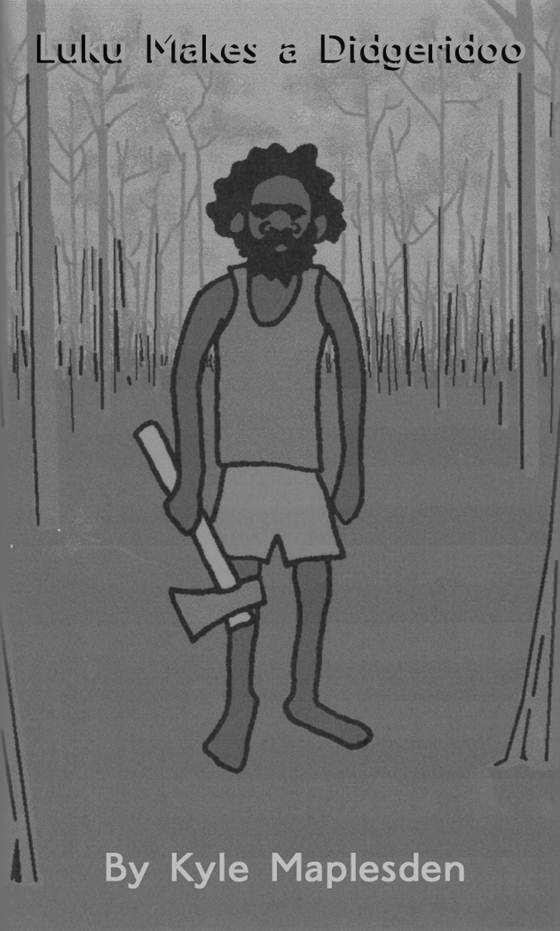 A nice view into how a traditional didgeridoo is made and crafted, explained in language that i would probably reckon about 7 years upward. But as a Kindle has it’s own look up dictionary it’s always a good thing to push a few new words — like “pigment” — onto young minds.
A nice view into how a traditional didgeridoo is made and crafted, explained in language that i would probably reckon about 7 years upward. But as a Kindle has it’s own look up dictionary it’s always a good thing to push a few new words — like “pigment” — onto young minds. 
Illustrated throughout with some lovely pictures which unfortunately don’t get full justice on the black and white Kindle screen.
Nice first book, Kyle.

Kyle’s Page
#kylemaplesden
A Voyage For Madmen — Peter Nichols
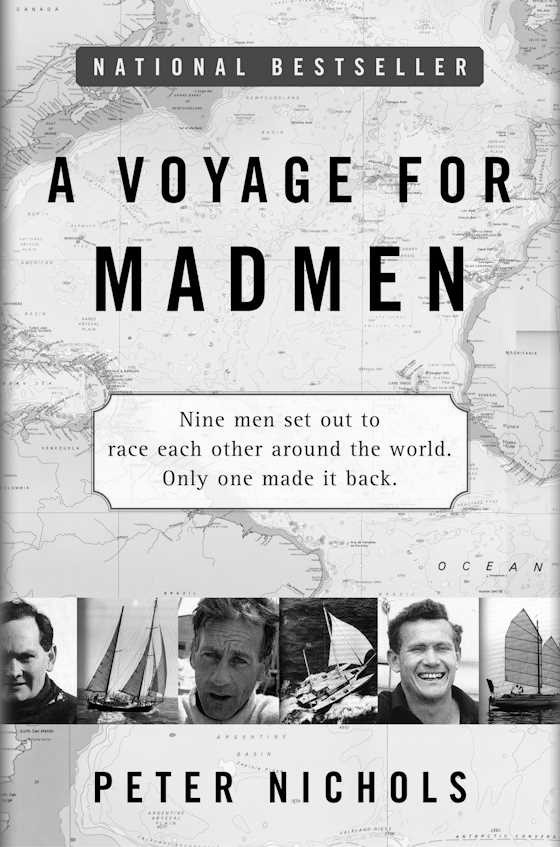 Awesome book about some totally crazy, and some totally incredible, people.
Awesome book about some totally crazy, and some totally incredible, people.

Peter’s Page
#peternichols
The Tinkerer’s Daughter — Jamie Sedgwick
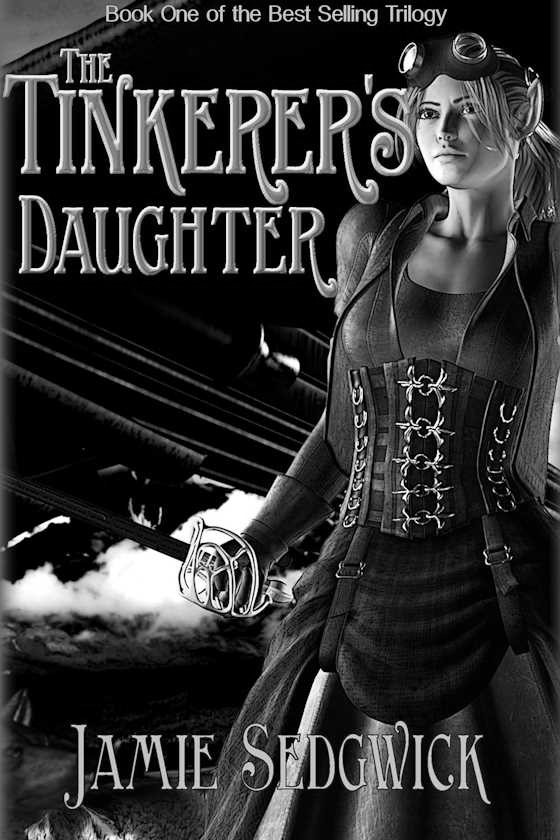 I read this years ago when it first came out. Now the trilogy is finished i’m looking forward to reading it all some day.
I read this years ago when it first came out. Now the trilogy is finished i’m looking forward to reading it all some day.

Jamie’s Page
#steampunk #jamiesedgwick
Visions of Distant Shores — Andre Norton
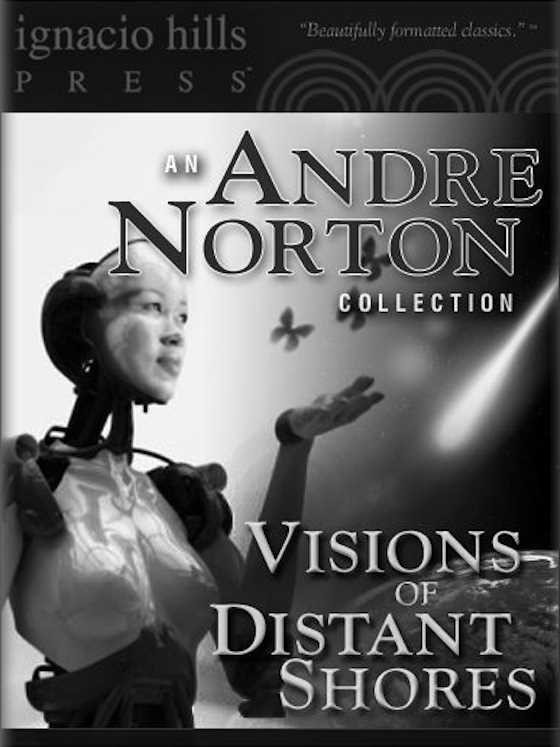 Another book in my stash found while tidying up at Amazon.Â
Another book in my stash found while tidying up at Amazon. 
A great collection of 7 sci-fi stories which i’m reading through occasionally.

Storm Over Warlock
Star Born
Star Hunter
Plague Ship
Voodoo Planet
The Gifts of Asti
The People of the Crater

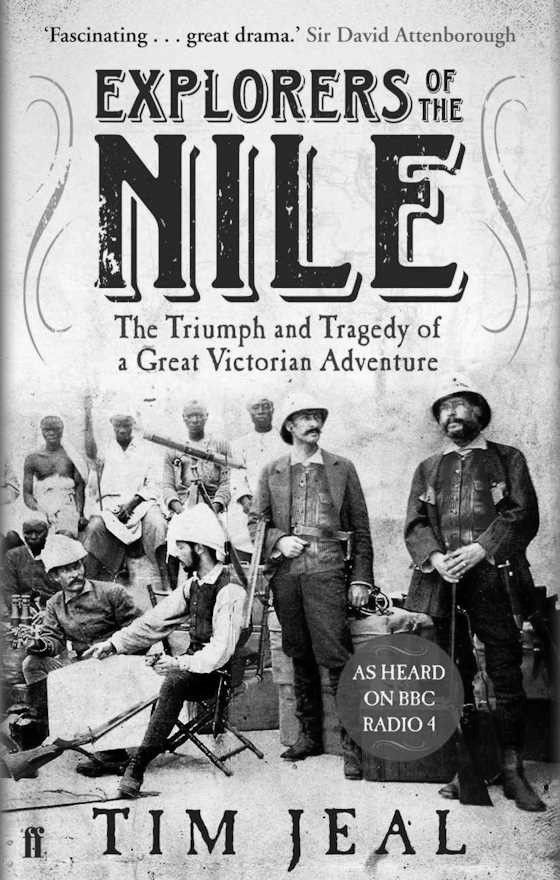 It looks interesting, like a non-fiction version of
It looks interesting, like a non-fiction version of 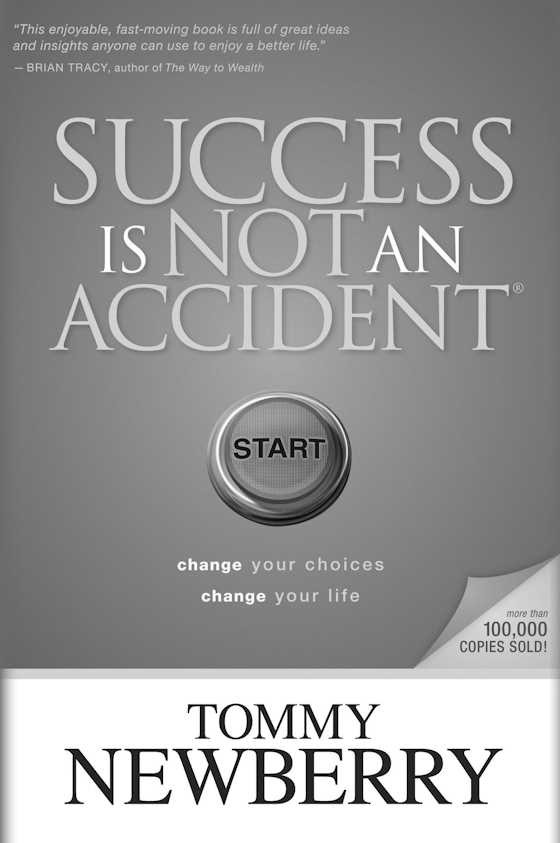 No comment.
No comment. 
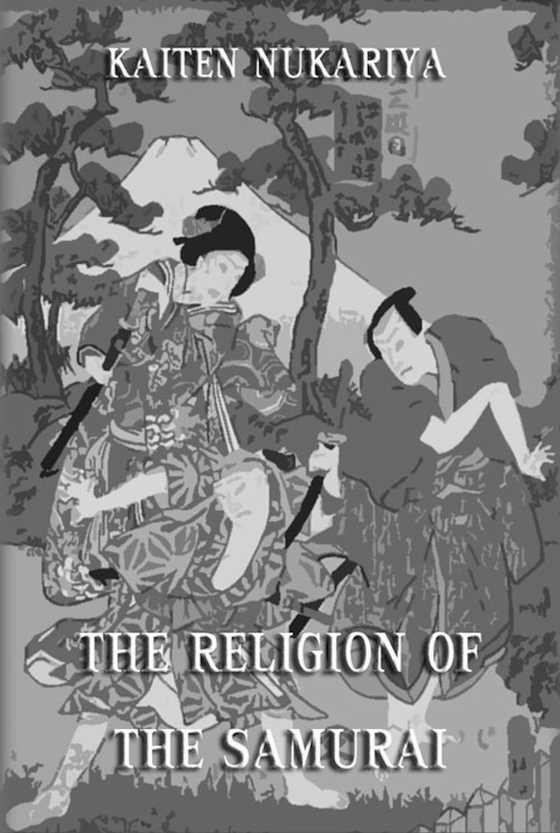 More Japan.
More Japan. 
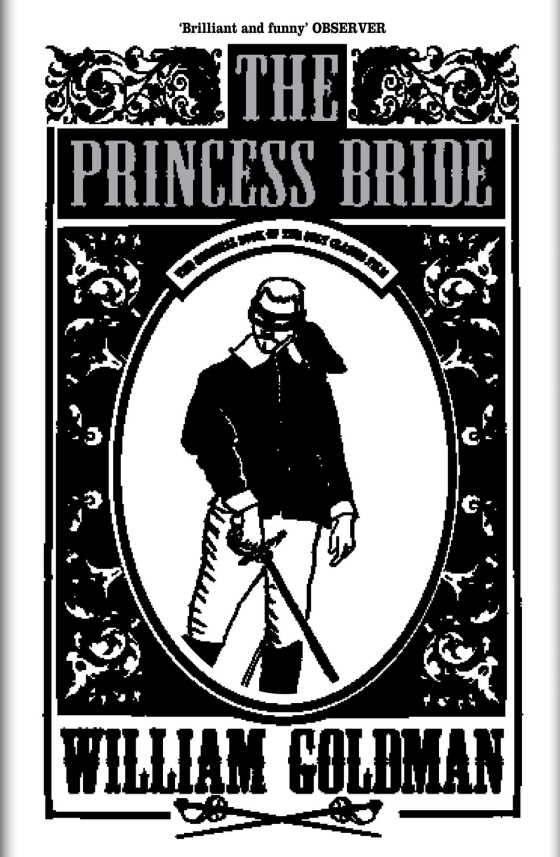 Just like the film… utterly marvelous!
Just like the film… utterly marvelous!